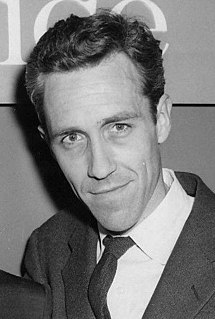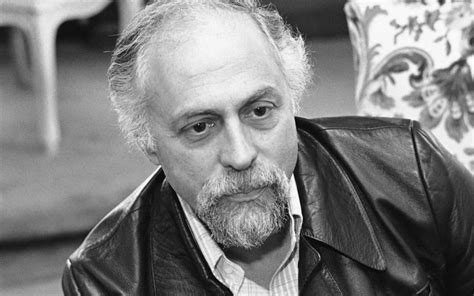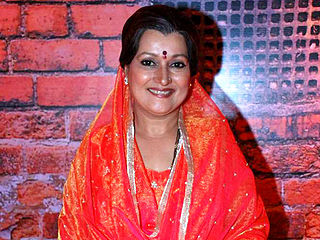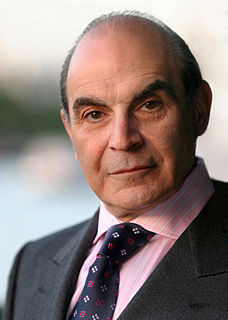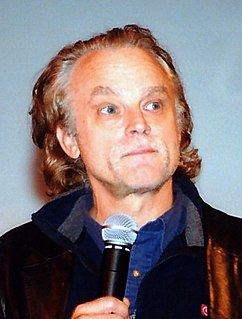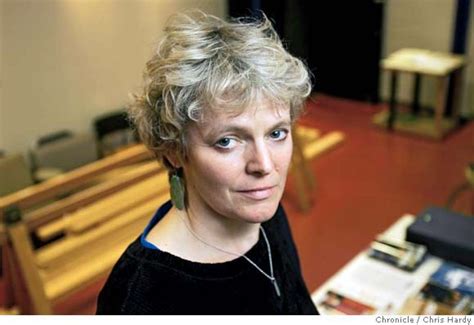A Quote by Eric Bentley
A play has two authors, the playwright and the actor.
Quote Topics
Related Quotes
Any actor worth his salt is looking for truth, the core of truth of the particular situation he is portraying, of that play. The playwright, the actors and the audience, that's what we're all there seeking. When it's working, time is destroyed. Sometimes 'Moon,' a play of four hours, would go by in a snap of the fingers.
I, too, am deeply concerned with an overarching idea that dramaturgs are now authors . . .. I am not taking the position that all dramaturgs own copyright, deserve special billing credit, or should receive remuneration akin to that of the playwright. I know from my ears at the Dramatists Guild that almost everyone a writer encounters has suggestions of how to write and rewrite the play or musical to make it work.
One of the good thing about theater in the states, is that the playwright we do have a say, especially in the beginning, when the play is being discussed around the table. We talk about the play, and the actors listen, and there have been cases, you disagree on something... I mean, actors don't usually tell you what they're going to do, they do it. Of course, you try to speak with the director and say, "Is there any way you can bring this actor to do something different?" You try as much as you can, but then, you also have to be open to interpretation.
[My approach to the Bible, history does really matter.] Everything matters. But I have priorities. For instance, for me to know whether there were two Isaiahs or one is less important than the text itself. Of course I read the arguments for and against. But it's not my task in life to say there were two or three authors of Isaiah's book, or how many authors there were of Deuteronomy. This is not what I'm doing.

